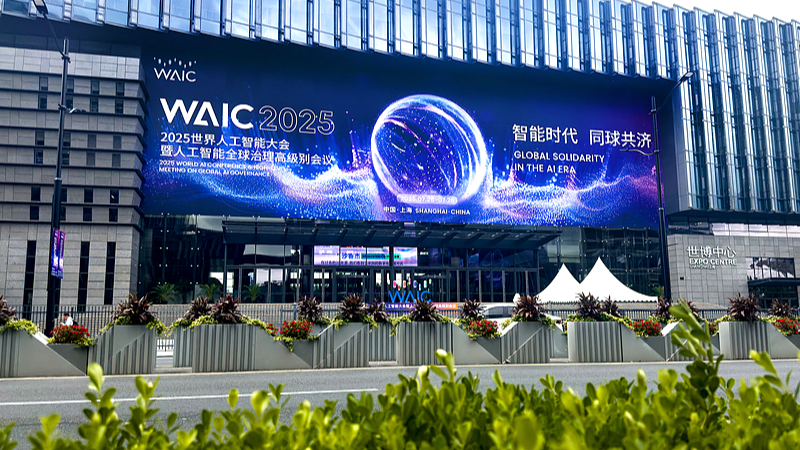At the opening of the 2025 World AI Conference and High-Level Meeting on Global AI Governance in Shanghai, the Chinese premier, Li Qiang, unveiled a bold vision: a dedicated global cooperation organization on artificial intelligence. With more than 1,000 attendees from across industry, academia and research, Shanghai became the epicenter of a conversation that could shape the future of AI worldwide.
"AI should become an international public good that benefits all humanity," said Li, emphasizing China’s commitment to fostering inclusive, transparent and responsible AI development. To turn this vision into reality, he proposed a three-point plan:
- Universal and Inclusive Access: Ensuring all countries and regions—regardless of size or economic status—can tap into AI tools and infrastructure to drive local innovation.
- Collaborative Innovation: Promoting joint research, shared data frameworks and open platforms that break down silos between startups, established tech firms and academic institutions.
- Common Governance: Developing global guidelines, ethical standards and regulatory mechanisms to align AI growth with human rights, sustainability and security.
These proposals resonate with young global citizens who see AI as a key driver of economic growth and social progress. For entrepreneurs and tech enthusiasts, the idea of shared research networks and cross-border data ecosystems could mean faster product cycles and more robust innovations. Thought leaders and changemakers, meanwhile, welcome the call for common governance as a way to safeguard privacy and promote ethical AI.
From a business perspective, a global AI cooperation organization could lower barriers for emerging-market startups, opening doors to new funding channels and talent pools. Digital nomads and travelers can look forward to smarter translation apps, personalized recommendations and safer online environments powered by AI systems developed under shared global standards.
As the world watches, China’s proposal invites every stakeholder to the table—governments, nonprofits, startups and open-source communities—to co-create an AI ecosystem built on trust, transparency and mutual benefit. The coming months will reveal whether this vision can translate into a formal alliance capable of steering AI towards a brighter, more equitable future.
Reference(s):
cgtn.com




